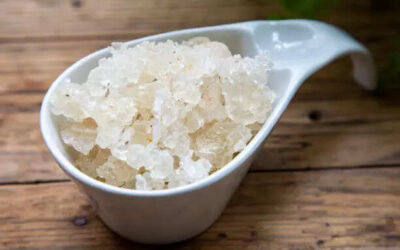Preventing Infections In Cancer Patients During Monsoon

While the monsoon brings relief, it also increases serious health risks for cancer patients due to their low immunity. Here, the expert explains how to stay protected from seasonal infections. Follow these vital tips and stay safe during those rainy days.
Dr. Manoj Lokhande, Surgical Oncologist, Onco Life Cancer Center, Satara shares how to prevent infections in cancer patients during monsoon.
The monsoon season brings a refreshing break from summer heat. But for cancer patients, this pleasant weather can invite hidden dangers. With low immunity due to cancer or its treatments like chemotherapy and radiation, even a small infection during the monsoon can turn serious. Patients and caregivers need to be extra careful during this season.
Common infections in cancer patients during the monsoon
• Fungal infections: The damp and humid environment encourages fungal growth on skin and in the respiratory tract. And one can suffer from cold, cough, sore throat, runny and stuffy nose, and congestion.
• Viral infections: Cold, flu, and other seasonal viruses spread more easily during monsoon and can give a tough time to cancer patients.
• Bacterial infections: Waterborne bacteria can cause stomach infections, diarrhea, gastroenteritis, and urinary tract infections. One can experience symptoms such as dehydration, constipation, abdominal pain and cramping, bloating, and acidity.
• Mosquito-borne diseases: Dengue, malaria, and chikungunya are common during rains and can worsen health conditions in cancer patients. These common monsoon diseases lead to symptoms such as high fever, headache, joint and muscle pain, skin rashes, and body aches. It is necessary to get to know the underlying cause of symptoms and initiate timely management.
Tips to Stay Safe During Monsoon:
• Avoid getting wet: Stay indoors during heavy rain and always dry yourself quickly if wet.
• Use mosquito protection : Apply mosquito repellent, use nets, and keep windows shut in the evenings to avoid mosquito bites
• Wear dry, breathable clothes: Fungal infections thrive in wet, sweaty conditions. So, change clothes often.
• Eat fresh, home-cooked food: Avoid street food, eat warm meals, and drink only boiled water.
• Maintain hygiene: Wash hands regularly, disinfect frequently used surfaces, and keep surroundings dry by avoiding water stagnation near homes.
• Consult your doctor: If there are any symptoms like fever, cough, or rashes, don’t delay medical attention.
• Boost immunity: Include immunity-boosting foods like fruits, vegetables, and prescribed supplements in your diet. Follow the advice given by the expert regarding what to eat and avoid.
• Avoid crowded places: Stay away from crowded areas where germs can spread easily. It is better to wear a mask while stepping out for check-ups and follow-ups. Being cautious goes a long way in staying healthy during this season.







